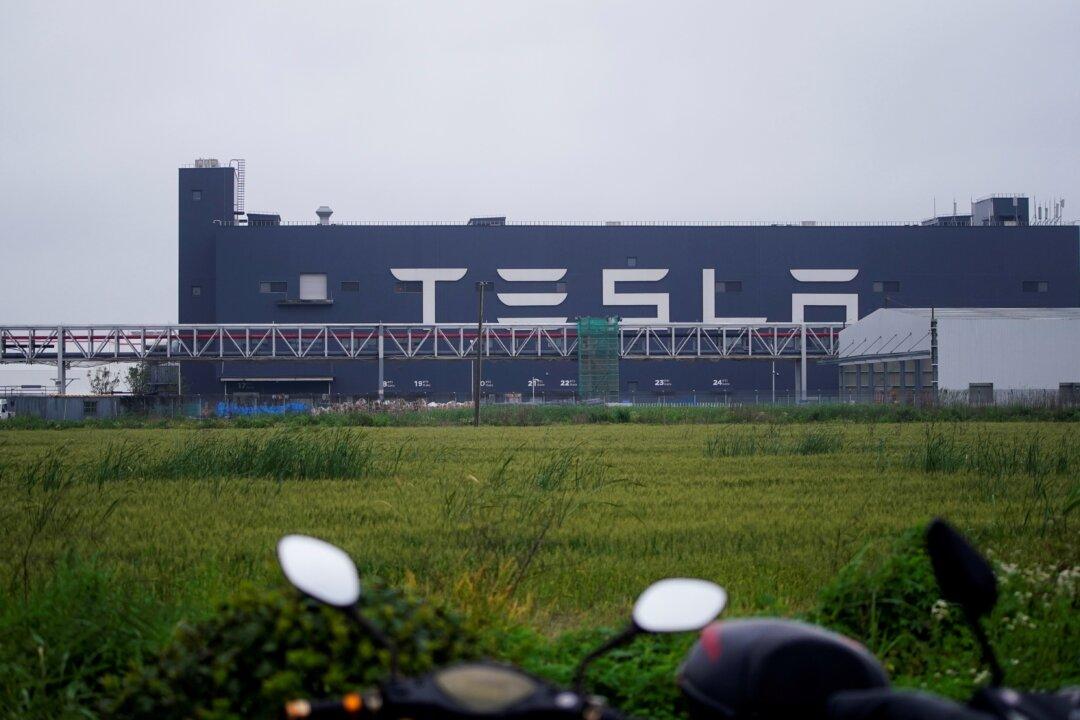Tesla’s announcement to build a megapack factory in Shanghai has prompted questions about the American electric carmaker’s dependency on China, and a U.S. representative finds it “very concerning.”
“Tesla seems entirely dependent, A, on the largesse of the federal government via tax breaks, and B, upon access to the Chinese market,” Rep. Mike Gallagher (R-Wis.) told Reuters on April 10.





